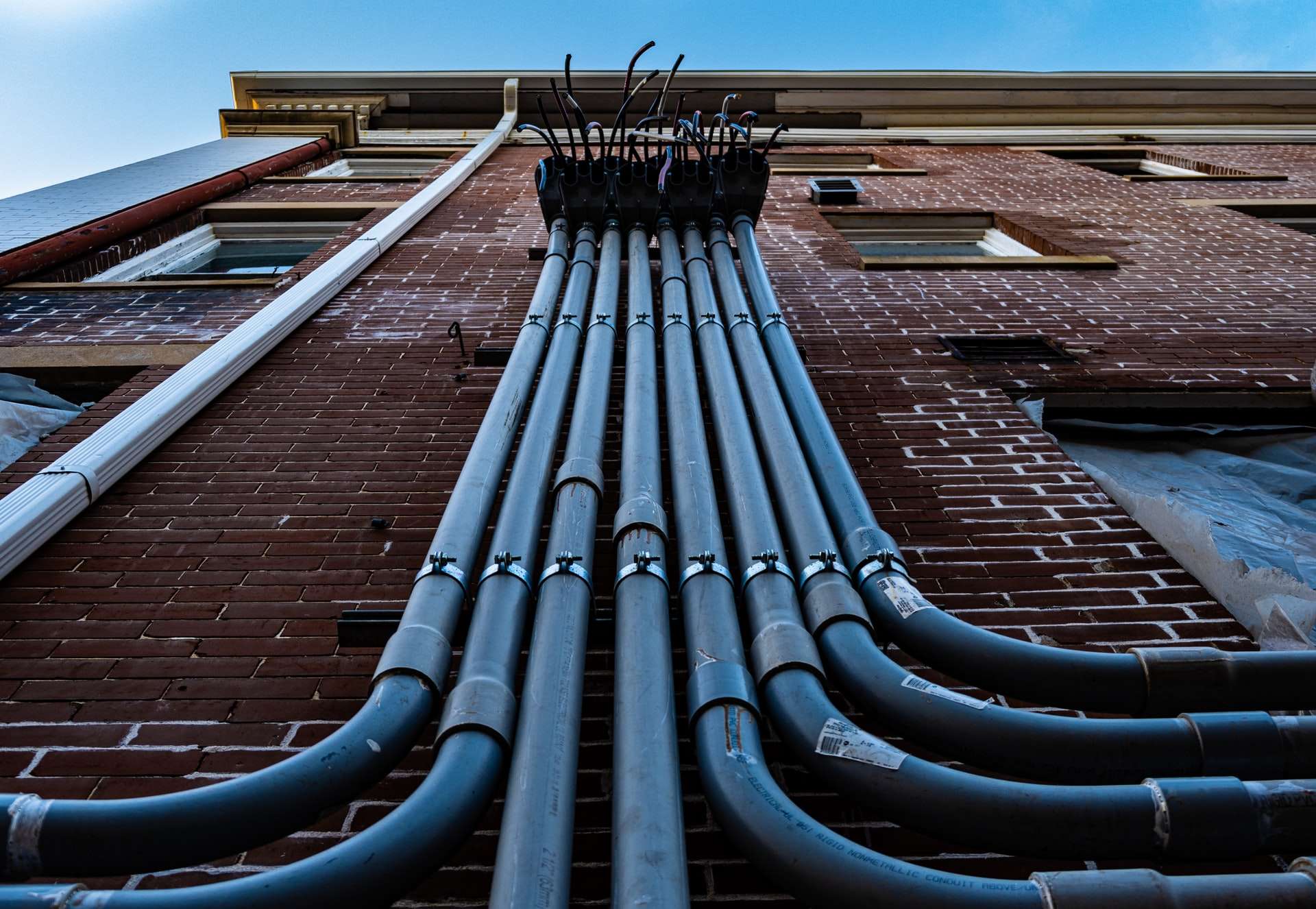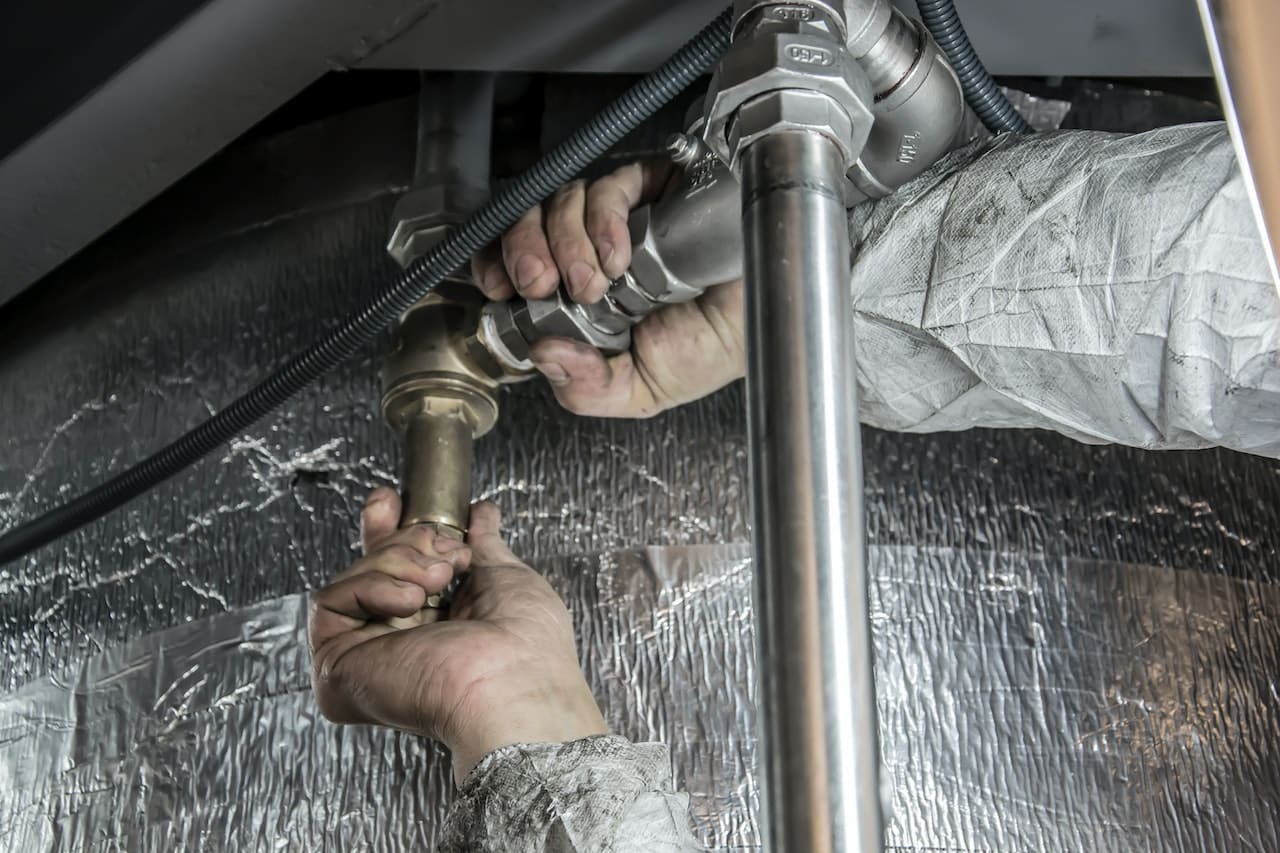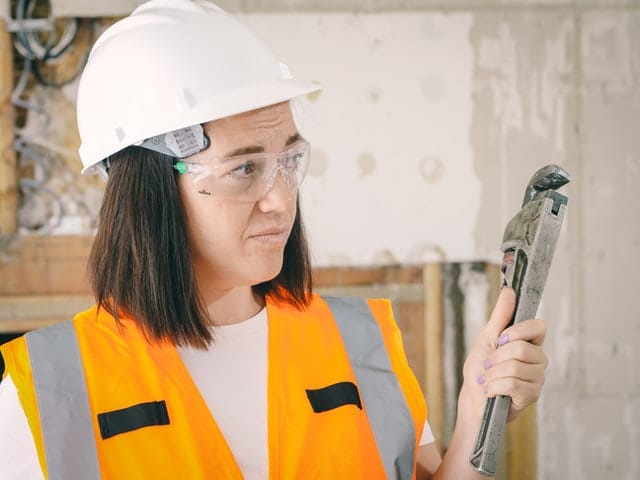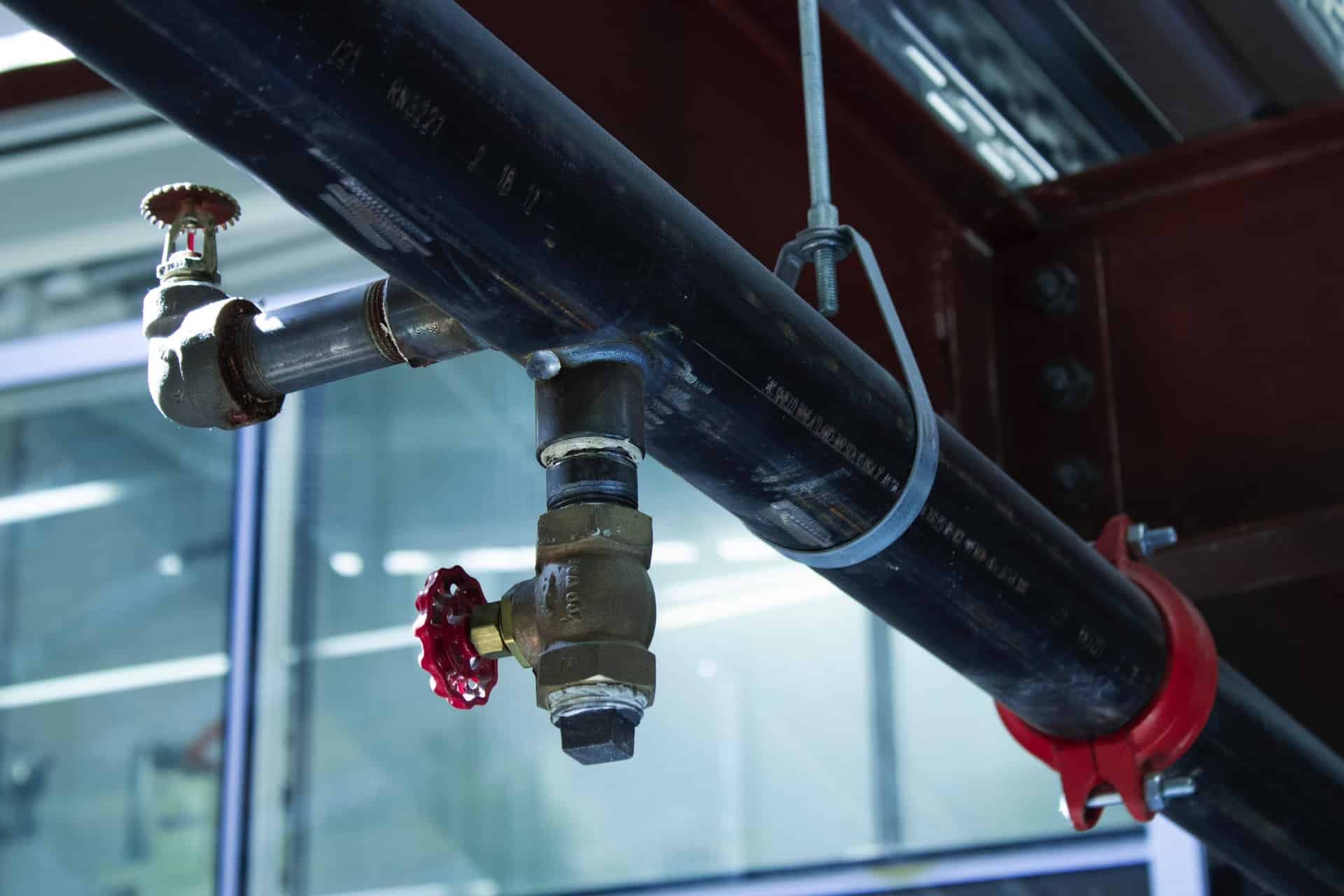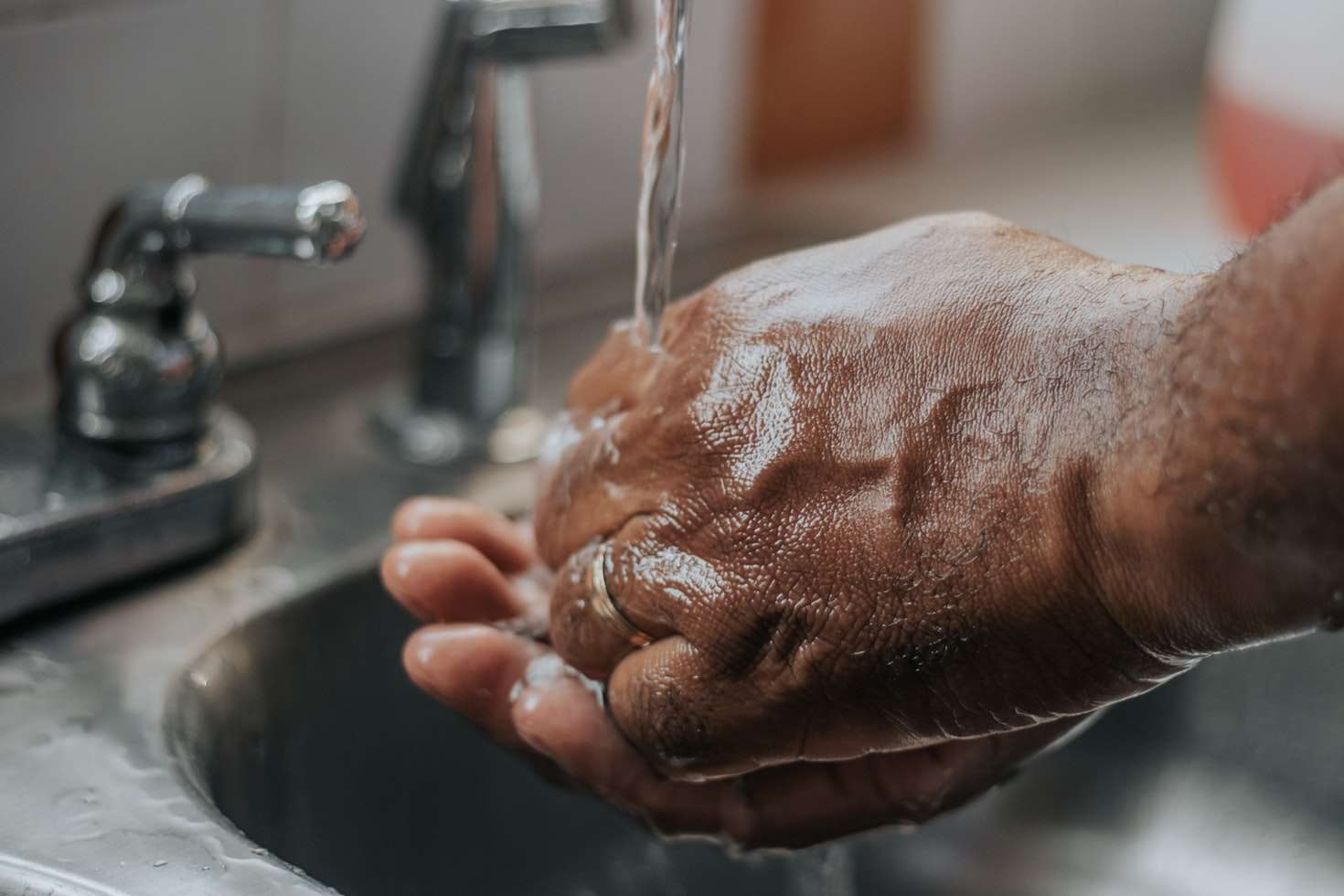The winter months bring out the worst of home maintenance issues due to the extended periods of freezing temperatures. One of the issues you’d want to tackle right away is frozen pipes before the harsh weather settles in. Year by year, homeowners call professionals to handle their frozen pipes problem, especially during winter storms.
Protect your home in the colder months by knowing how to prevent frozen pipes and how to fix them.
How to Prevent Frozen Pipes
You can do some preventative measures to avoid freezing pipes before the first official freeze warning begins. Here are some of them:
1. Insulate Pipes
Ensure proper insulation for the pipes exposed in your yard and inside cold interior spaces. In addition, lines in your garage, basement, and attic are also susceptible to freezing. Explore your options for pipe insulation, depending on the pipe type and its location.
2. Open Faucets
Turning on a faucet to a constant drip keeps the pipes from freezing. While this isn’t a good option since you’ll likely be looking at a high water bill, it effectively prevents frozen pipes in the winter months. If a faucet is connected to hot and cold lines, both should be turned on to let the warm water flow through.
3. Open Cabinets
Opening cabinet doors in the kitchen and bathroom also prevents your pipes from freezing. This allows the heated air to circulate the exposed plumbing and keeps them at a safe room temperature.
4. Seal Leaks
Cold air entering your home through cracks or leaks could be the culprit behind frozen pipes. If you have a known draft around a window, door frame, or vent, you should seal them before a freeze. You can use various products you can find at your local home improvement store to help with preventing frozen pipes. These include weather stripping, caulk, and spray foam.
How to Fix Frozen Pipes
If, despite your efforts to keep your pipes from freezing, they still do due to harsh weather conditions, here are some steps to follow:
- Find which section of the piping is frozen. Begin with the ones nearest your faucets and work down the line.
- Ensure your faucets are turned on so that when the water thaws, it has somewhere to go.
- You can thaw the pipe from the outside with a hairdryer. Make sure that the outlet you use is safe and ground-fault circuit interrupter (GFCI) protected. Never use a hairdryer in standing water.
- You can also thaw pipes by heating towels in a pot of hot water, then wring them out before wrapping them around the pipe’s frozen section.
- You may also put a portable space heater near the area of your home experiencing frozen pipes. While this won’t thaw the ice, it keeps them from freezing again.
- Whichever method you use, never use an open flame or extreme heat to thaw frozen pipes, as this could lead to an explosion or serious injury.
Conclusion
Prepare ahead of the winter weather before you encounter problems like frozen pipes or worse. Be mindful of your plumbing situation and take appropriate seasonal precautions so that you won’t be inconvenienced in the middle of winter.
Candu Plumbing and Rooter is a team of professional plumbers in Canoga Park, CA, ready to attend to your frozen pipe problem. We are a dedicated plumbing company with over 20 years of experience, covering all professional plumbing services in commercial and residential areas of Canoga Park, Glendale, North Hollywood, and throughout Los Angeles County. If you need help fixing your frozen pipes or taking preventative measures before the winter months, call us at 855-522-2638 today!

